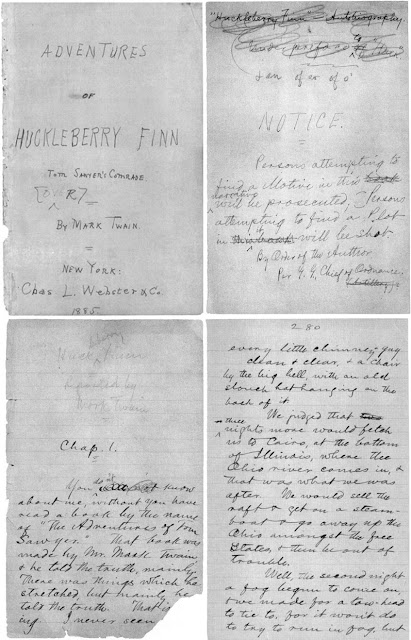Western
fiction has been hugely popular for almost two hundred years. Not only were Westerns
popular in the United States, but the whole world devoured them. For decades, the
Western was a staple of fiction, Hollywood, television, and daydreams. Today,
many think Western fiction is moribund. They’re wrong. Authors like Johnny
Boggs continue to carry on the tradition, and my own novels sell well. The
popularity of Westerns is often measured against the impossible yardstick of
the 1950s.
Some say we’ve
become too sophisticated to swallow the traditional Western mythology. Those
are people who have not taken a thoughtful look at Harry Potter, The Hunger
Games, or even the glut of superheroes that plague theaters, bookshelves,
and toy boxes. The stories are the same, only the venue has changed. The
Western in its traditional garb will come roaring back when audiences tire of
yet another iteration of CSI or men in tights.
Western
fiction is frequently dismissed as not being serious literature. This misconception
is perpetuated by classifying literary stories that occur in the Old West as
something other than a Western. Many of the smart set believe Westerns can only
be dime novels, pulp fiction, or straight-to-paperback formula bunkum. But the
Western has a long and valid history in literature.
James
Fenimore Cooper may have been the first Western author of note. The Last of
the Mohicans and the rest of the Leatherstocking Tales were told in the
Western tradition. Written in 1826 about events that supposedly occurred nearly
seventy-five years prior, The Last of the Mohicans incorporates all the
characteristics of a modern Western.
Mark Twain
is universally acknowledged as one of the great American literary figures, but
is seldom referred to as a Western writer. Yet, Roughing It is a
first-hand description of the Wild West of Virginia City during the heyday of
the Comstock Lode. Granted, Roughing It is Twain-enriched non-fiction,
but The Adventures of Tom Sawyer and The Adventures of Huckleberry
Finn are coming-of-age novels set in the American frontier. (By the way,
Mark Twain hated James Fenimore Cooper's writing. You can read all about it here. Pretty funny.)
When Owen
Wister published The Virginian in 1902, the novel received critical
acclaim and was a huge bestseller, eventually spawning five films, a successful
play, and a television series. An instant success, it sold over 20 thousand
copies in the first month, an astonishing number for the time. It went on to
sell over 200,000 thousand copies in the first year, and over a million and a
half copies prior to Wister's death. This classic has never been out of print.
Max Brand,
Zane Grey, Louis L’Amour, Jack Schaefer, Elmer Kelton, Larry McMurtry, and
Cormac McCarthy continued the Western tradition and all of them have been
highly successful. Recently Nancy E. Turner (These is my Words) and Patrick
deWitt (The Sisters Brothers) have penned praiseworthy Westerns that are
popular with readers.
Western
literature has a grand heritage and will continue to appeal to readers all over
the world. Good writing, plots that
move with assurance, and great characterization will elevate the genre back the
top of the bestseller charts.
 |
| Honest westerns filled with dishonest characters. |






















